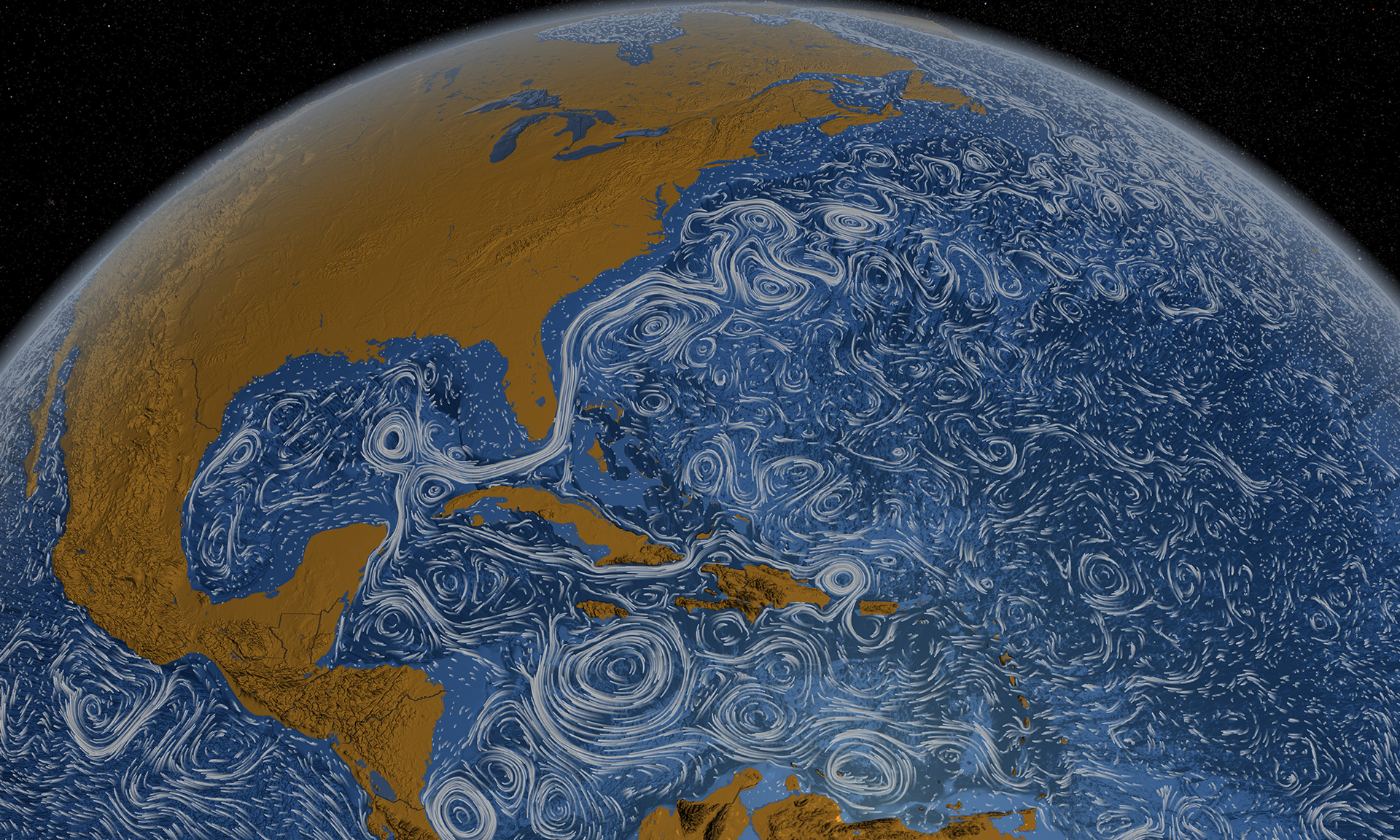
How does the atmosphere affect ocean weather?
A new Rochester study upends previous assumptions about how surface winds and ocean weather patterns interact.
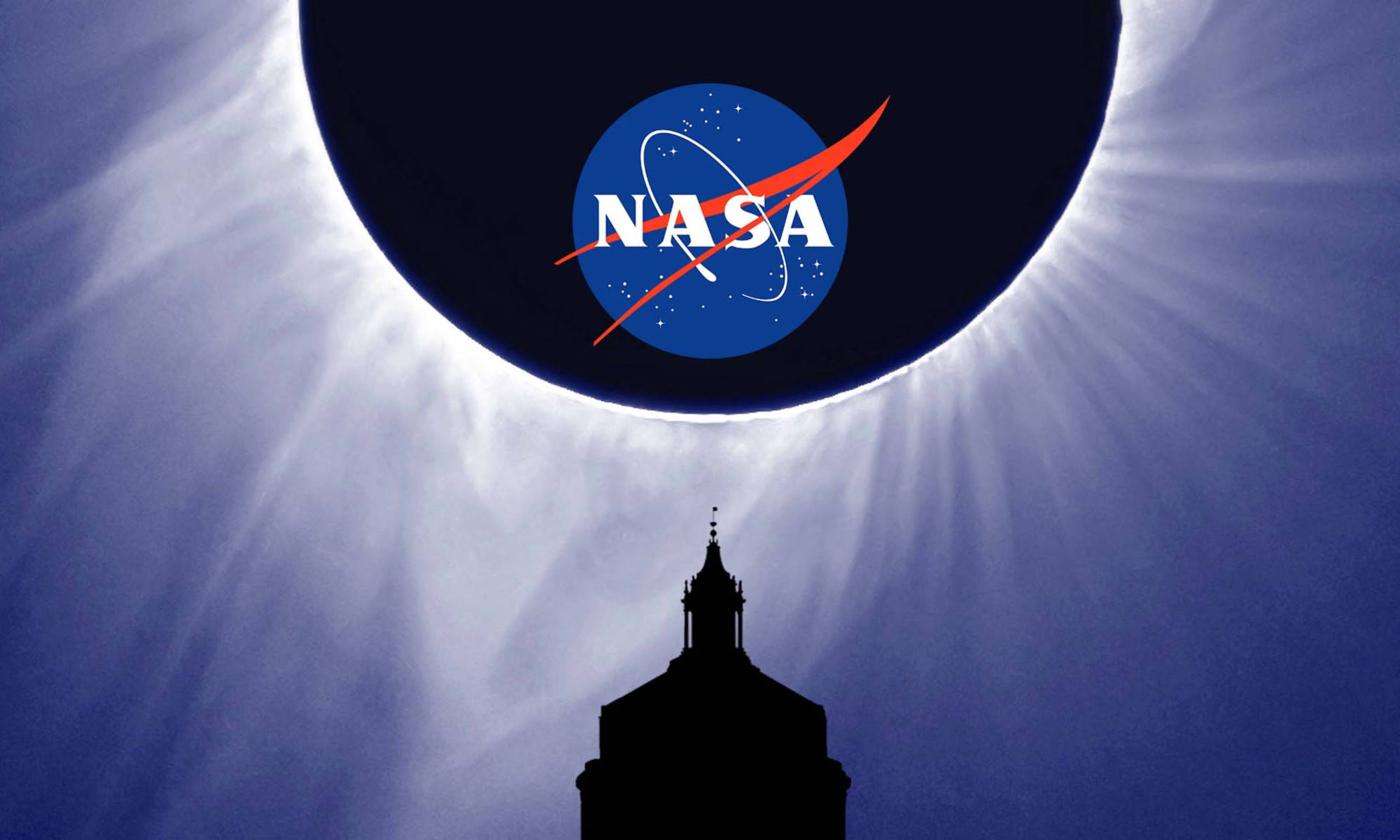
First-year students help NASA study the total solar eclipse
Rochester has one of about 30 teams nationwide taking observations for the Citizen CATE 2024 experiment.
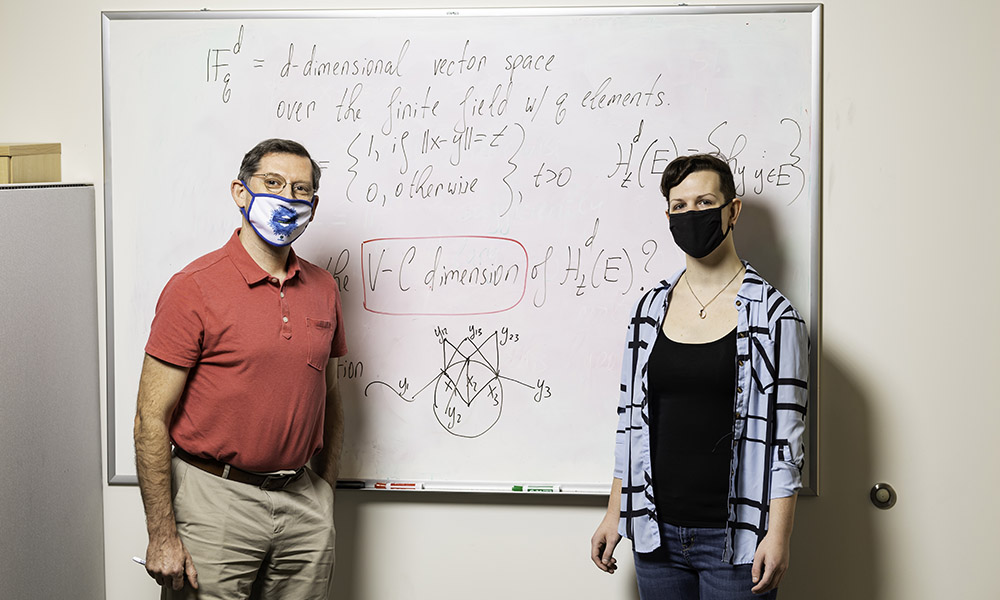
Why this Rochester math professor champions year-round undergraduate research
Alex Iosevich, a professor of mathematics and director of the Tripods REU and STEM for ALL programs at the Goergen Institute for Data Science, seeks to make undergraduate research “a fundamental part of the curriculum.”
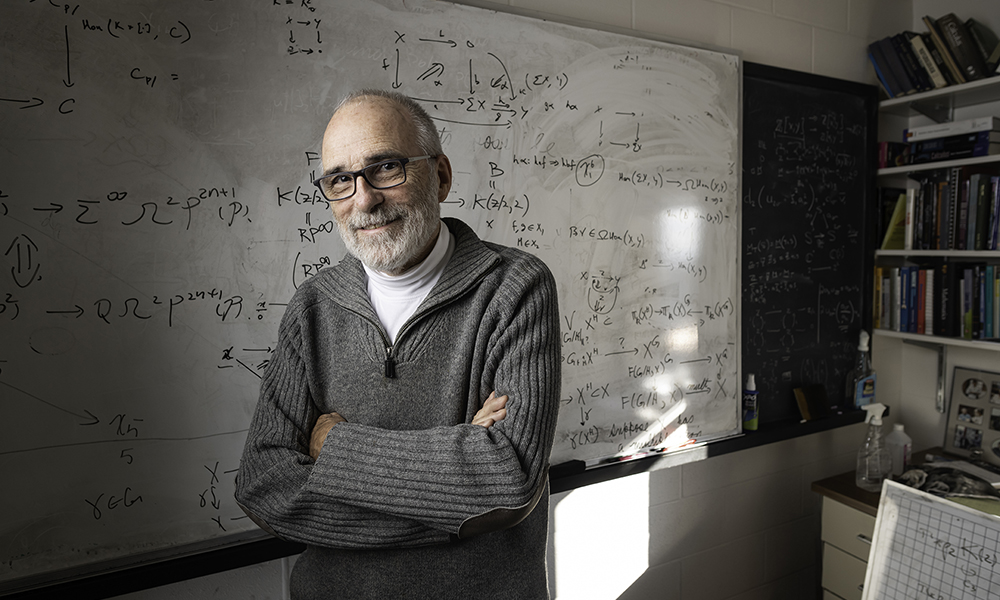
Rochester mathematician wins prestigious Veblen Prize
Fayerweather Professor of Mathematic Doug Ravenel wins the prize from the American Mathematical Society for solving a geometry problem that has puzzled mathematicians for 50 years.

Mathematical model will monitor spread of COVID-19
Computational scientists win a National Science Foundation grant to develop a tool to provide accurate, timely information to local-level policymakers monitoring the spread of COVID-19.
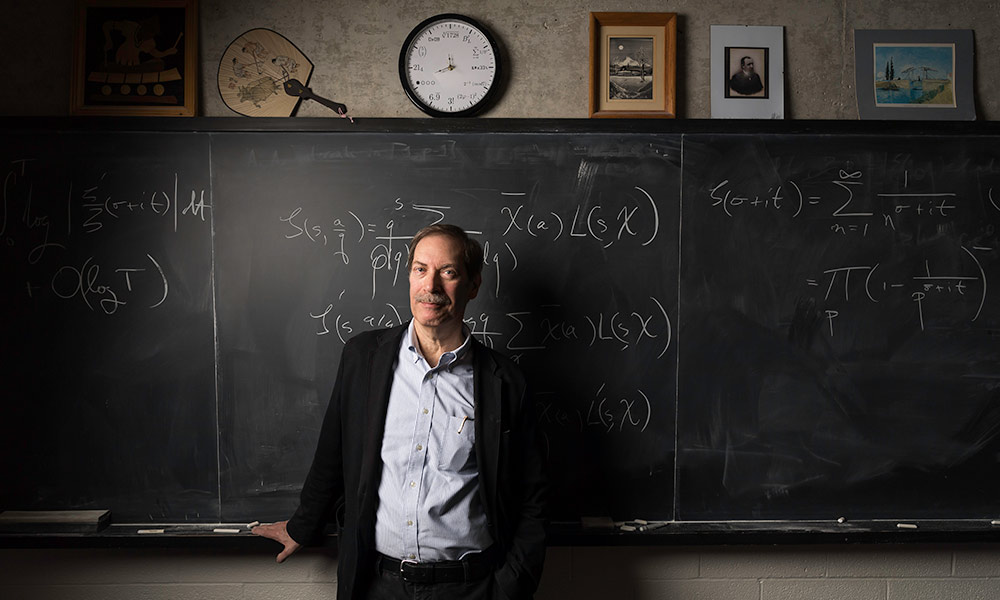
Steve Gonek named fellow of American Mathematical Society
Thirty percent of the 20 tenure-track faculty members in the University’s Department of Mathematics are now AMS Fellows.
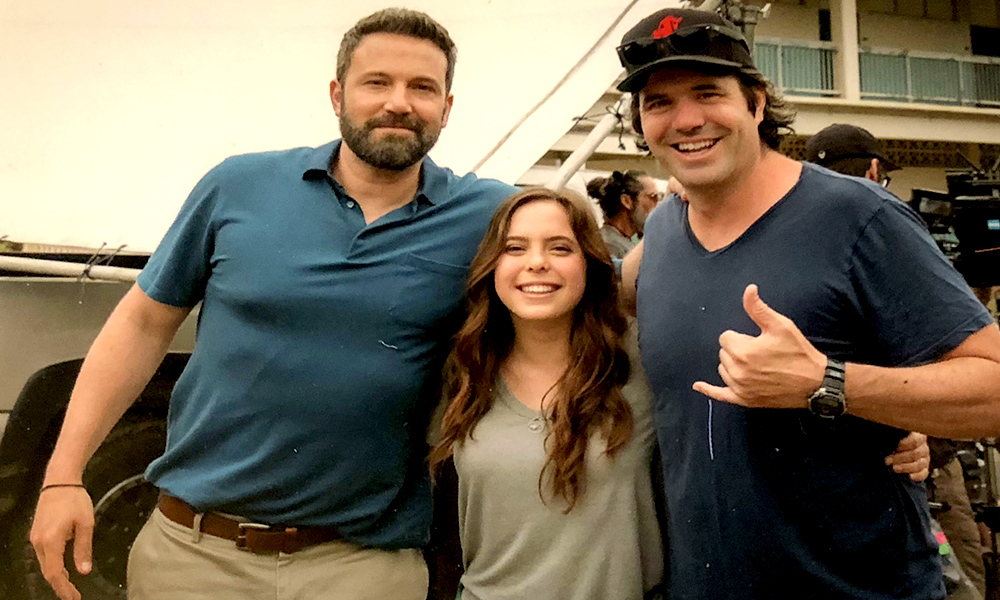
Playing Ben Affleck’s daughter
Maddy Wary is a mathematics and brain and cognitive sciences dual major from Hawaii. But during Spring Break this week, she makes her onscreen debut in Triple Frontier, a Netflix action thriller.

Wells Award winners excel in engineering and humanities
They major in optical engineering and minor in Italian. Or work toward dual degrees in music and computer science. Or pursue two minors while majoring in audio and music engineering. Meet the graduating seniors from the Hajim School of Engineering and Applied Sciences honored for pursuing dual degrees or minors in the humanities.

Ultimate vacuum chamber creates nothing
The concept of nothingness is the subject of everything from children’s books to philosophical debate. In the universe, however, is nothing ever possible? How have scientists, philosophers, and mathematicians thought about the concept of nothing throughout history and up to the present?
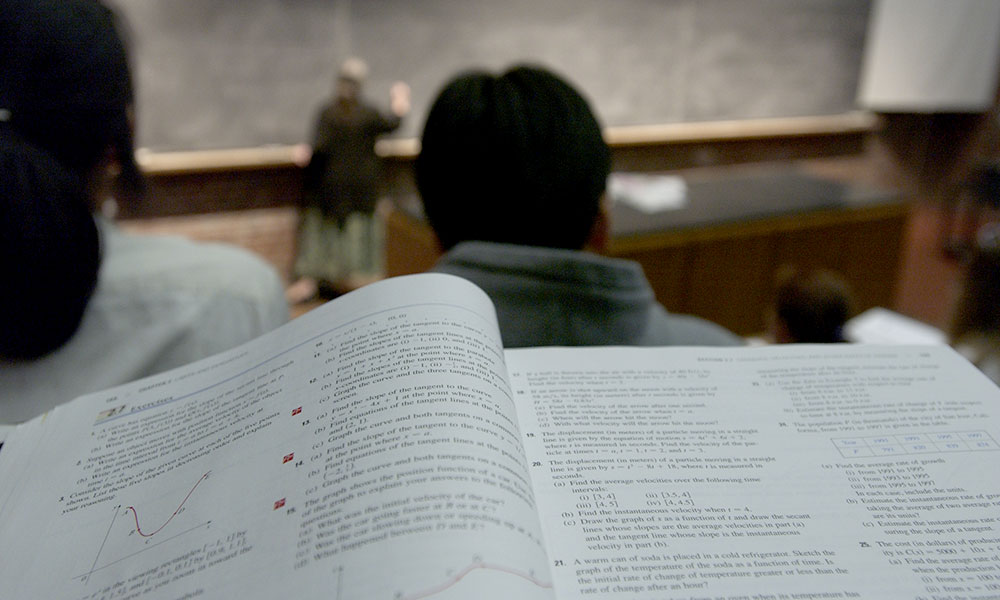
Rochester’s undergraduate math program is ahead of the curve
In 2017, nearly 10 percent of the total number of Arts, Sciences & Engineering graduates completed a math major, the highest percentage ever at the University, and one of the highest of any institution in the country.
